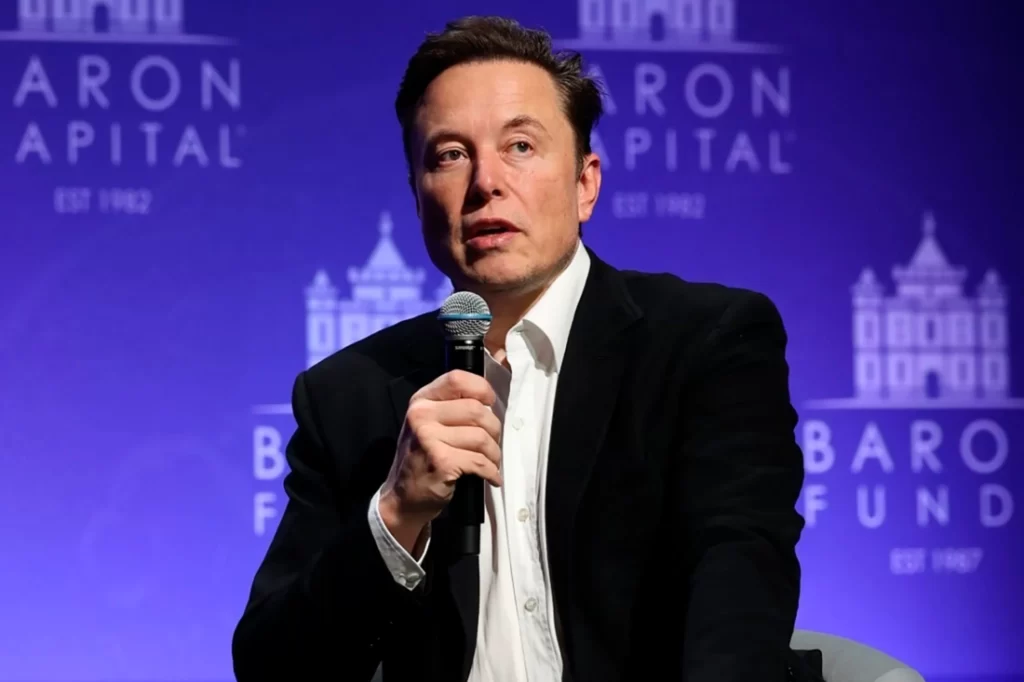Since Elon Musk bought Twitter last year, he has committed to making the popular social media site a free speech platform; as an example, he recently refused to ban Russian government officials from Twitter in response to calls for banning them, particularly for banning Dmitry Medvedev, the Deputy Chair of the Security Council of the Russian Federation.
Unlike President Putin of Russia, who is not very active on social media, Medvedev is known for making fiery comments and snapping back at critics. On Saturday, April 8, Medvedev set Twitter on fire by posting a tweet against Ukraine.
He titled the post, “Why will Ukraine disappear? Because nobody needs it.”
The tweet went viral, gathering millions of views and angering pro-Ukrainian and anti-Russian voices, who called on Musk to ban Medvedev. A Canadian woman asked why Twitter allowed “genocidal” accounts.
Some questioned why Medvedev was allowed to pay Twitter, an American company, for maintaining a verified account when he is under sanctions by the United States.
But Elon Musk rejected the calls for censoring or banning Medvedev or other Russian officials. He said, “Let people make decisions for themselves.”
While politically leaning left, Twitter put restrictions on hundreds of Russian accounts in April last year after Russia launched its military operation against Ukraine in the Donbas region.
A year earlier, Twitter had already banned many conservative Americans, including President Trump, in the wake of the big January 6 protest over election integrity issues, which the left termed “insurrection.”
These bans were imposed as part of Twitter’s policy regarding the alleged “disinformation” on the platform. Critics of vaccines, mainstream medical practices, and independent journalists reporting on politically incorrect issues were also banned under the same policy.
Things changed when Elon Musk bought Twitter, finalizing the purchase and control of the platform in October 2022. The core management that was behind the censorship was fired, and the platform started restoring banned accounts. Removing limits on Russian accounts is the latest in restoring Twitter’s free speech status.
For restoring the accounts of the Russian leadership, including Russian President Putin, Musk has been accused of allowing Russian propaganda and facilitating Putin in his war against Ukraine.
In response, Musk has famously commented: “I’m told Putin called me a war criminal for helping Ukraine, so he’s not exactly my best friend. All news is, to some degree, propaganda. Let people decide for themselves.”
The Russian government has also responded positively to Twitter’s free speech policy and the end of censorship on the site. Euronews reported on Monday (April 10) that Russia is considering lifting its ban on Twitter.
Anton Gorelkin, the deputy head of the State Duma, was cited by Russia Today saying:
“If the social network seeks neutrality, we should resume dialogue with it and continue working within the framework of Russian law.”
